Negotiating Margin on Cost Plus
DoubleOhHoya
12 years ago
Featured Answer
Comments (16)
pps7
12 years agoNESooner
12 years agoRelated Professionals
Frisco Architects & Building Designers · Seal Beach Architects & Building Designers · Boise Design-Build Firms · Ammon Home Builders · Farmington Home Builders · North Richland Hills Home Builders · Superior Home Builders · Wilmington Home Builders · Gary General Contractors · Saint Andrews General Contractors · Sheboygan General Contractors · University Heights General Contractors · Warren General Contractors · West Whittier-Los Nietos General Contractors · Security-Widefield General ContractorsSpringtimeHomes
12 years agodavid_cary
12 years agorenovator8
12 years agoNESooner
12 years agoDoubleOhHoya
12 years agorenovator8
12 years agobrickeyee
12 years agoDoubleOhHoya
12 years agoShmomey
11 years agoaucorley
11 years agorenovator8
11 years agorenovator8
11 years agolvangorp
8 years ago
Related Stories

ARTLet's Put a Price on Art: Your Guide to Art Costs and Buying
We paint you a picture of what affects an artwork's price — plus a little-known way to take home what you love when it's beyond your budget
Full Story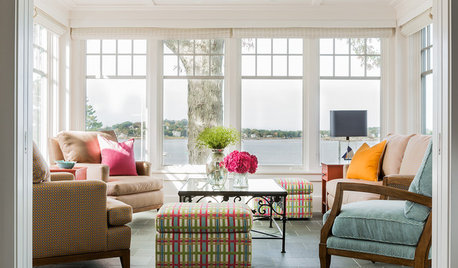
MOST POPULARDecorating 101: How Much Is This Going to Cost Me?
Learn what you might spend on DIY decorating, plus where it’s good to splurge or scrimp
Full Story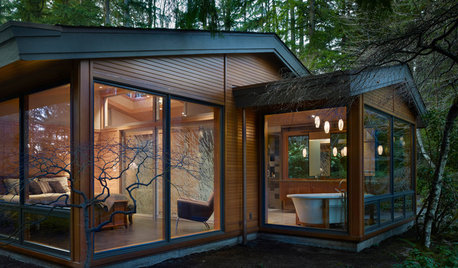
WORKING WITH PROS10 Things Architects Want You to Know About What They Do
Learn about costs, considerations and surprising things architects do — plus the quick route to pinning down their style
Full Story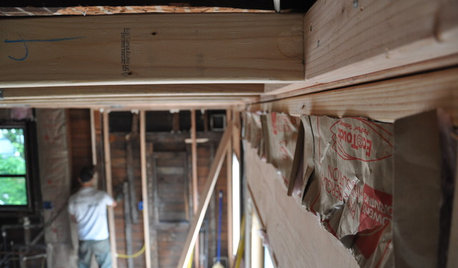
REMODELING GUIDESContractor Fees, Demystified
Learn what a contractor’s markups cover — and why they’re worth it
Full Story
CONTRACTOR TIPSLearn the Lingo of Construction Project Costs
Estimates, bids, ballparks. Know the options and how they’re calculated to get the most accurate project price possible
Full Story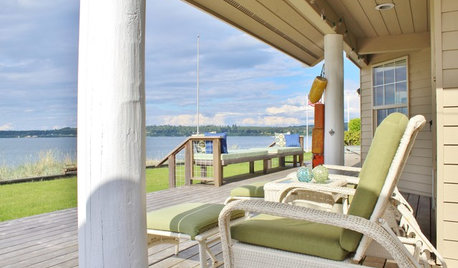
HOUZZ TOURSMy Houzz: Beachy Tranquillity and Togetherness on Puget Sound
Easygoing style and a peaceful palette create a welcoming waterfront home for a family
Full Story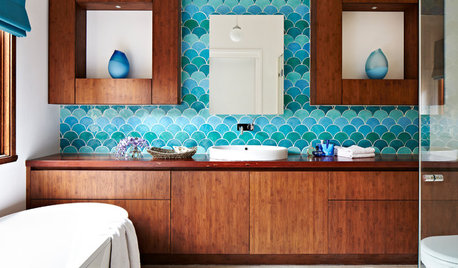
REMODELING GUIDES10 Features That May Be Missing From Your Plan
Pay attention to the details on these items to get exactly what you want while staying within budget
Full Story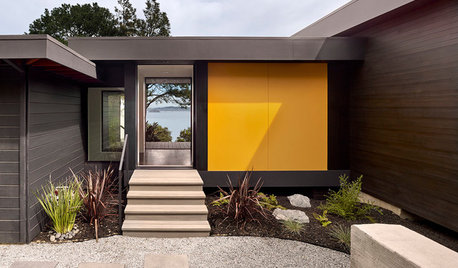
BUDGETING YOUR PROJECTConstruction Contracts: What to Know About Estimates vs. Bids
Understanding how contractors bill for services can help you keep costs down and your project on track
Full Story
DECORATING GUIDESImproving a Rental: Great Ideas for the Short and Long Haul
Don't settle for bland or blech just because you rent. Make your home feel more like you with these improvements from minor to major
Full Story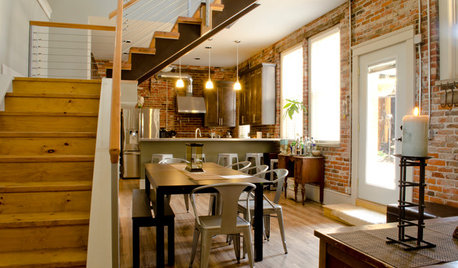
HOUZZ TOURSHello, Bordello — an Ohio Loft Goes From Sinning to Winning
This onetime house of ill repute is now making good as a welcoming home, office and cocktail bar
Full Story







dekeoboe